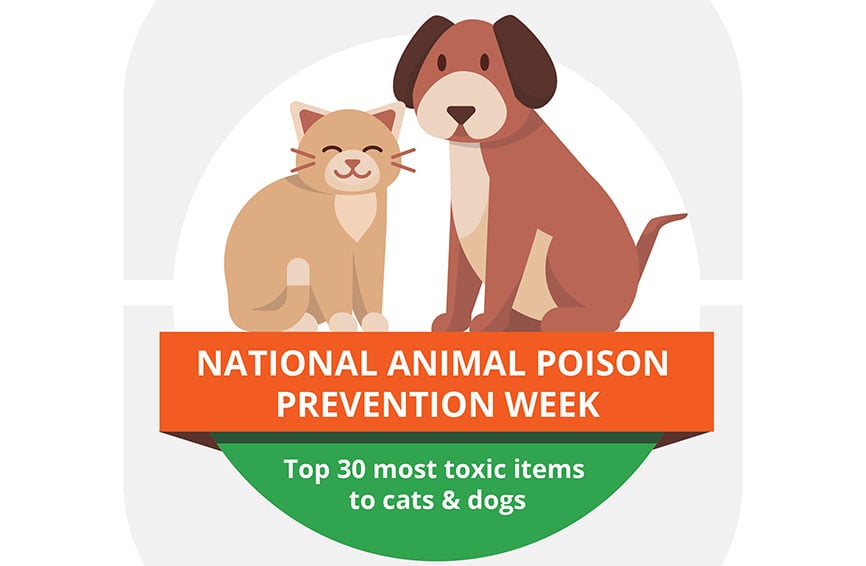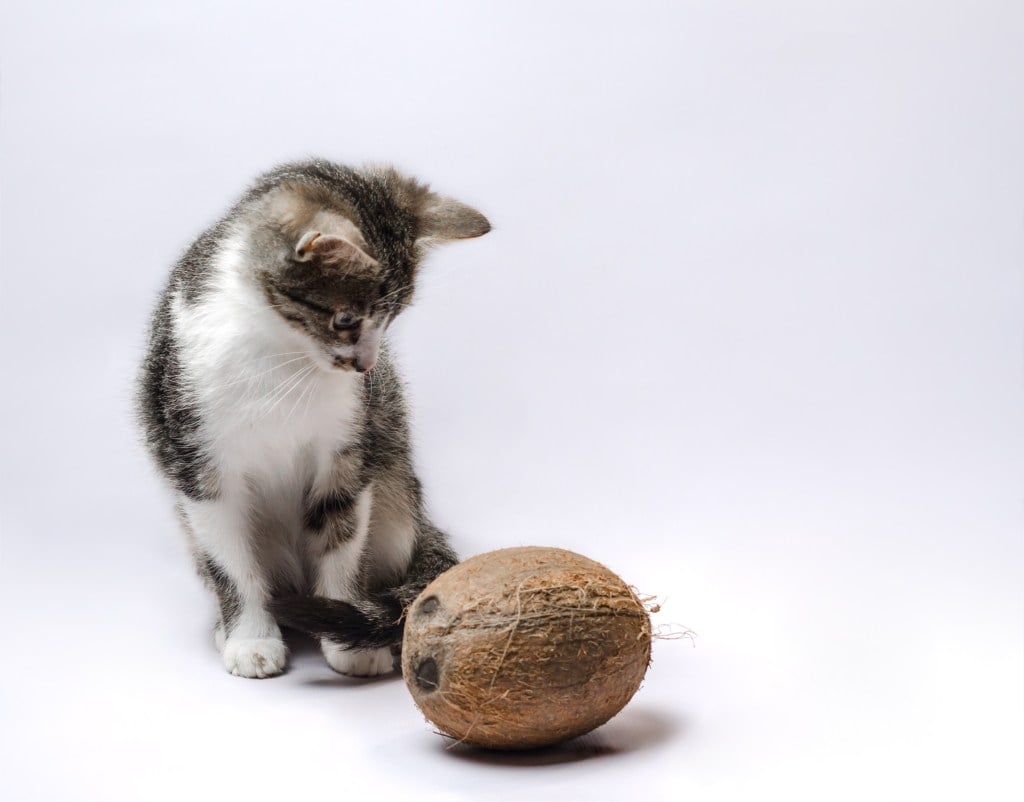Key Takeaways
- Granulated sugar is not good for dogs and may put them at risk of weight gain and other health problems.
- Sugar found naturally in fruit and vegetables is safe in moderation.
- Sugar-substitute xylitol and chocolate are very dangerous for dogs.
Basically, dogs use sugar and other carbohydrates as a source of energy, just like humans, but don’t feed your dog unneeded granulated sugar and try to avoid sweets.
Sugar naturally contained in fruits and vegetables, called fructose, is safe for your dog when fruits and veggies are given as a treat or as part of a nutritionally complete and balanced diet. (Please note, however, that not all fruits are safe. For example, grapes are toxic for dogs.)
Granulated sugar, on the other hand, is not a good choice for your dog, whether that is in the form of a cube or a cookie. Added sugar provides empty calories and can lead to weight gain, which increases a dog’s risk for many serious health problems including:
- Osteoarthritis
- Cruciate ligament ruptures
- Intervertebral disk disease
- Congestive heart failure
- Cushing’s disease
- Skin problems
- Some types of cancer
Dogs can use carbohydrates as an energy source, breaking them down into glucose that fuels cells. “We just don’t need to be giving them candy since there’s no real added value,” says John Faught, DVM and medical director of the Firehouse Animal Health Center in Austin, Texas, to PetMD. “Excessive amounts cause inflammation all throughout the body, and it’s just not necessary.”
There are some other problems that may also go along with a diet high in sugar:
- Upset stomach: sugar-rich foods can lead to vomiting, diarrhea, and a loss of appetite.
- Highs and lows: some pet parents report a streak of hyperactivity followed by “the blahs” when their dogs eat sugar, although this relationship hasn’t been scientifically proven.
- Diabetes: most dogs get a form of diabetes (type 1 diabetes) that is not related to sugar intake, but the other form (type 2 diabetes) does occasionally occur.
In addition to sugar, there are two important “sweets” that are absolutely off-limits to dogs. If you don’t already know about the hazards of xylitol and chocolate, familiarize yourself with the symptoms and check your ingredient labels. You will definitely want to make sure both products are far from paw’s reach:
- Xylitol: Many candies, gums, toothpastes, sugar-free baked goods, peanut butters, and diet foods are sweetened with the sugar substitute xylitol. Ingestion can cause a dog’s blood sugar to drop to dangerous levels and can lead to liver failure. Symptoms include vomiting, lethargy, poor coordination, seizures, and death. If you suspect xylitol poisoning, take your pet to the vet immediately.
- Chocolate: Most pet parents are well aware that chocolate is bad for dogs. The most dangerous types of chocolate include dark chocolate and unsweetened baking chocolate due to higher levels of theobromine and caffeine (both are methylxanthines). Chocolate can cause a dog to vomit and have diarrhea, and in more severe cases, it can lead to heart problems, tremors, seizures, and death.
Want to find out more about what dogs can and cannot eat? Check out our comprehensive guide for more information on “What Human Foods Dogs Can and Can Not Eat.”









